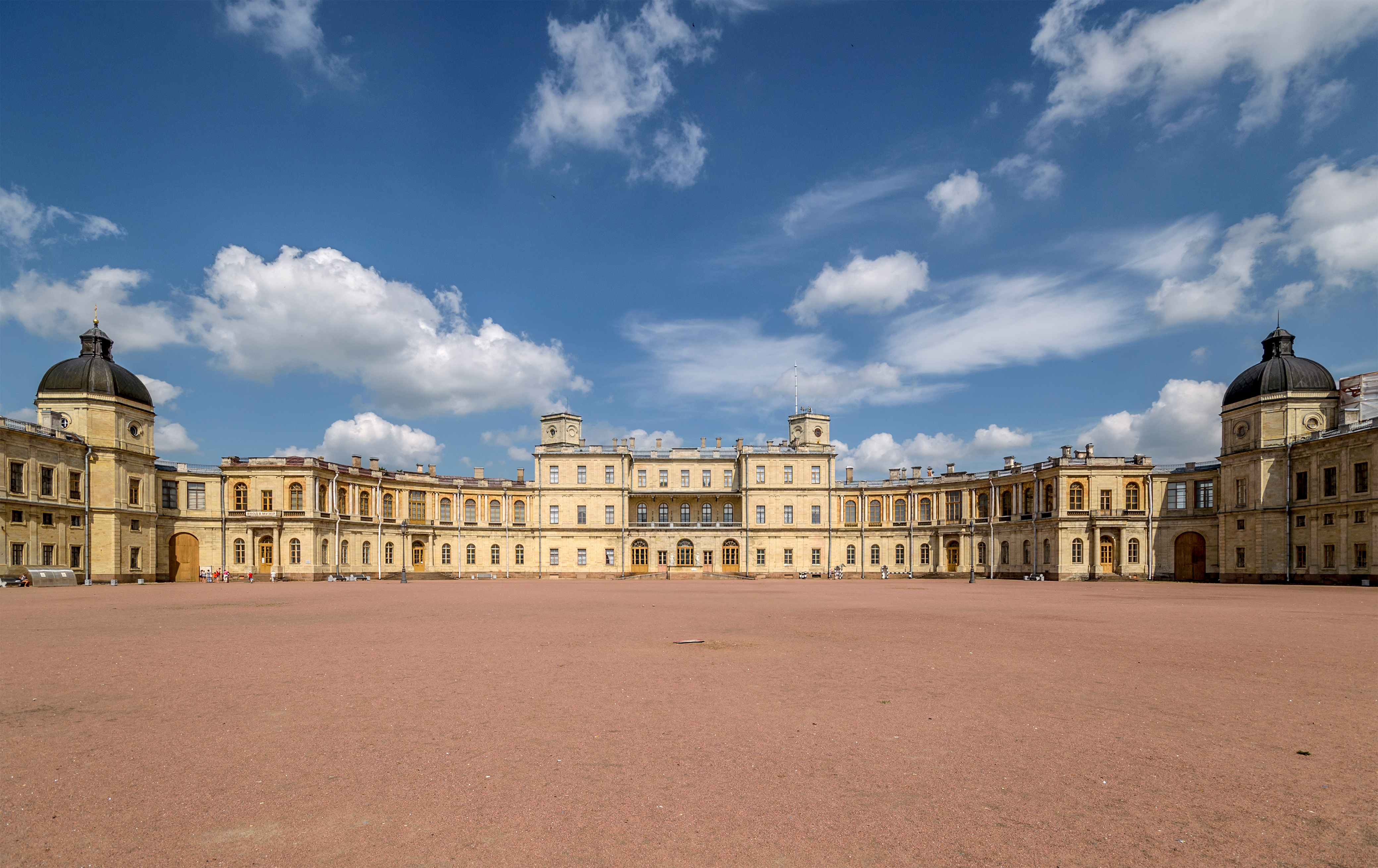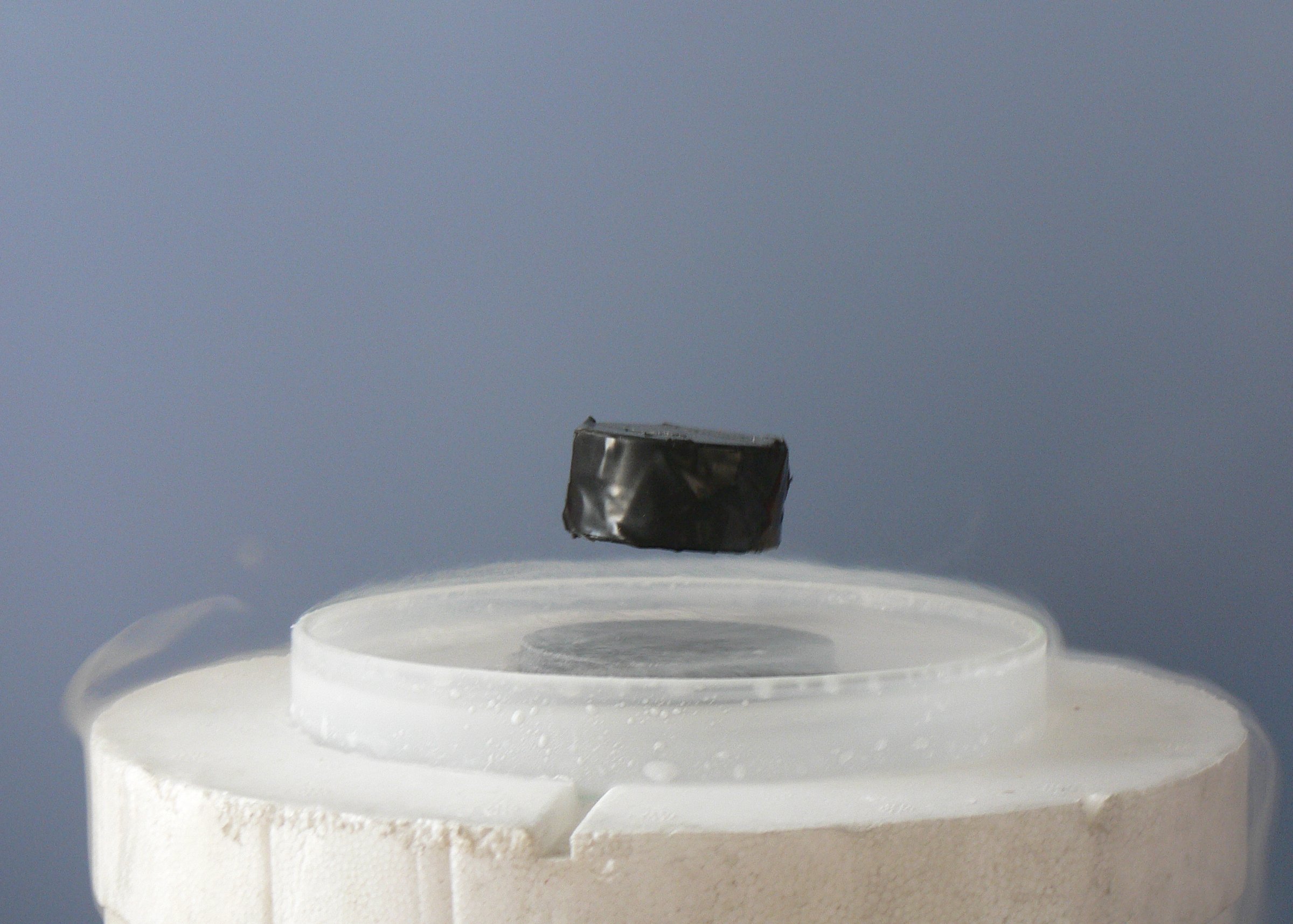|
Arkady Aronov
Arkady Girshevich Aronov (russian: Аркадий Гиршевич Аронов; July 26, 1939 in Leningrad, Soviet Union – November 13, 1994 in Rehovot, Israel) was a Russian and Israeli theoretical condensed matter physicist, notable for his achievements in physics of semiconductors and in mesoscopic physics. Biography Aronov was born in 1939 in Leningrad, currently Saint Petersburg, and in 1962 graduated from the Leningrad Electrotechnical Institute. He got his PhD degree from the Institute of Semiconductors of Russian Academy of Sciences in 1966 under supervision of Grigory Pikus. The title of his thesis was "Magnetic phenomena in crossed electric and magnetic fields". He stayed to work at the same institute as a researcher. In 1972, the Institute of Semiconductors was merged with into Ioffe Physical-Technical Institute. In 1974, Aronov moved to the Konstantinov Leningrad Nuclear Physics Institute, located in Gatchina. In 1977, he received there his Doktor nauk degree for ... [...More Info...] [...Related Items...] OR: [Wikipedia] [Google] [Baidu] |
Physics
Physics is the natural science that studies matter, its fundamental constituents, its motion and behavior through space and time, and the related entities of energy and force. "Physical science is that department of knowledge which relates to the order of nature, or, in other words, to the regular succession of events." Physics is one of the most fundamental scientific disciplines, with its main goal being to understand how the universe behaves. "Physics is one of the most fundamental of the sciences. Scientists of all disciplines use the ideas of physics, including chemists who study the structure of molecules, paleontologists who try to reconstruct how dinosaurs walked, and climatologists who study how human activities affect the atmosphere and oceans. Physics is also the foundation of all engineering and technology. No engineer could design a flat-screen TV, an interplanetary spacecraft, or even a better mousetrap without first understanding the basic laws of physic ... [...More Info...] [...Related Items...] OR: [Wikipedia] [Google] [Baidu] |
Gatchina
The town of Gatchina ( rus, Га́тчина, , ˈɡatːɕɪnə, links=y) serves as the administrative center of the Gatchinsky District in Leningrad Oblast, Russia. It lies south-south-west of St. Petersburg, along the E95 highway which links Saint Petersburg and Pskov. Population: It was previously known as ''Khotchino'', ''Gatchina'' (until February 14, 1923), ''Trotsk'' (until August 2, 1929), and ''Krasnogvardeysk'' (until January 28, 1944). Gatchina, the largest town in Leningrad Oblast, is best known as the location of the Great Gatchina Palace, one of the main residences of the Russian Imperial Family during the 18th and 19th centuries. The historic center and Gatchina Palace are part of the UNESCO World Heritage Site's "Historic Centre of Saint Petersburg and Related Groups of Monuments". Another popular tourist attraction in Gatchina is the Prioratsky Palace. Gatchina has placed highly in quality-of-life rankings in Russia. History Early ... [...More Info...] [...Related Items...] OR: [Wikipedia] [Google] [Baidu] |
Boltzmann Equation
The Boltzmann equation or Boltzmann transport equation (BTE) describes the statistical behaviour of a thermodynamic system not in a state of equilibrium, devised by Ludwig Boltzmann in 1872.Encyclopaedia of Physics (2nd Edition), R. G. Lerner, G. L. Trigg, VHC publishers, 1991, ISBN (Verlagsgesellschaft) 3-527-26954-1, ISBN (VHC Inc.) 0-89573-752-3. The classic example of such a system is a fluid with temperature gradients in space causing heat to flow from hotter regions to colder ones, by the random but biased transport of the particles making up that fluid. In the modern literature the term Boltzmann equation is often used in a more general sense, referring to any kinetic equation that describes the change of a macroscopic quantity in a thermodynamic system, such as energy, charge or particle number. The equation arises not by analyzing the individual positions and momenta of each particle in the fluid but rather by considering a probability distribution for the positio ... [...More Info...] [...Related Items...] OR: [Wikipedia] [Google] [Baidu] |
Spin Relaxation
Spin or spinning most often refers to: * Spinning (textiles), the creation of yarn or thread by twisting fibers together, traditionally by hand spinning * Spin, the rotation of an object around a central axis * Spin (propaganda), an intentionally biased portrayal of something Spin, spinning or spinnin may also refer to: Physics and mathematics * Spin, the rotation of an object around a central axis * Spin (physics) or particle spin, a fundamental property of elementary particles * Spin group, a particular double cover of the special orthogonal group SO(''n'') * Spin tensor, a tensor quantity for describing spinning motion in special relativity and general relativity * Spin (aerodynamics), autorotation of an aerodynamically stalled aeroplane * SPIN bibliographic database, an indexing and abstracting service focusing on physics research Textile arts * Spinning (polymers), a process for creating polymer fibres * Spinning (textiles), the creation of yarn or thread by twisting fibe ... [...More Info...] [...Related Items...] OR: [Wikipedia] [Google] [Baidu] |
Gennady Bir
Gennady ( rus, Геннадий, p=ɡʲɪˈnadʲɪj), also spelled Gennadi or Gennadiy, is a Russian male name. They are derived from the Greek given name Gennadius. People *Gennady Gladkov, Soviet and Russian composer *Gennady Golovkin, Kazakh boxer *Gennady Gudkov, Russian politician and businessman *Gennadi Karponosov, Soviet and Russian Olympic and world champion ice dancer and coach *Gennady Korotkevich, Belarusian sport programmer *Gennady Logofet, Soviet and Russian footballer and football coach *Gennady Semenovich Makanin, Russian mathematician *Gennady Mikhasevich, prolific Soviet serial killer and rapist *Gennady of Novgorod, Russian archbishop *Gennady Padalka, Russian cosmonaut *Gennady Rozhdestvensky, Soviet and Russian conductor *Gennadi Syomin, Russian footballer and football coach *Genndy Tartakovsky, Russian-American cartoonist *Gennady Yanayev, the only vice president of the Soviet Union *Gennady Zyuganov, Russian political party leader and assemblyman *Giennadij J ... [...More Info...] [...Related Items...] OR: [Wikipedia] [Google] [Baidu] |
Superconductivity
Superconductivity is a set of physical properties observed in certain materials where electrical resistance vanishes and magnetic flux fields are expelled from the material. Any material exhibiting these properties is a superconductor. Unlike an ordinary metallic conductor, whose resistance decreases gradually as its temperature is lowered even down to near absolute zero, a superconductor has a characteristic critical temperature below which the resistance drops abruptly to zero. An electric current through a loop of superconducting wire can persist indefinitely with no power source. The superconductivity phenomenon was discovered in 1911 by Dutch physicist Heike Kamerlingh Onnes. Like ferromagnetism and atomic spectral lines, superconductivity is a phenomenon which can only be explained by quantum mechanics. It is characterized by the Meissner effect, the complete ejection of magnetic field lines from the interior of the superconductor during its transitions into the sup ... [...More Info...] [...Related Items...] OR: [Wikipedia] [Google] [Baidu] |
Alexander Mirlin
Alexander is a male given name. The most prominent bearer of the name is Alexander the Great, the king of the Ancient Greek kingdom of Macedonia who created one of the largest empires in ancient history. Variants listed here are Aleksandar, Aleksander and Aleksandr. Related names and diminutives include Iskandar, Alec, Alek, Alex, Alexandre, Aleks, Aleksa and Sander; feminine forms include Alexandra, Alexandria, and Sasha. Etymology The name ''Alexander'' originates from the (; 'defending men' or 'protector of men'). It is a compound of the verb (; 'to ward off, avert, defend') and the noun (, genitive: , ; meaning 'man'). It is an example of the widespread motif of Greek names expressing "battle-prowess", in this case the ability to withstand or push back an enemy battle line. The earliest attested form of the name, is the Mycenaean Greek feminine anthroponym , , (/Alexandra/), written in the Linear B syllabic script. Alaksandu, alternatively called ''Alakasandu'' or ' ... [...More Info...] [...Related Items...] OR: [Wikipedia] [Google] [Baidu] |
Aleksander Zyuzin
Alexander is a male given name. The most prominent bearer of the name is Alexander the Great, the king of the Ancient Greek kingdom of Macedonia who created one of the largest empires in ancient history. Variants listed here are Aleksandar, Aleksander and Aleksandr. Related names and diminutives include Iskandar, Alec, Alek, Alex, Alexandre, Aleks, Aleksa and Sander; feminine forms include Alexandra, Alexandria, and Sasha. Etymology The name ''Alexander'' originates from the (; 'defending men' or 'protector of men'). It is a compound of the verb (; 'to ward off, avert, defend') and the noun (, genitive: , ; meaning 'man'). It is an example of the widespread motif of Greek names expressing "battle-prowess", in this case the ability to withstand or push back an enemy battle line. The earliest attested form of the name, is the Mycenaean Greek feminine anthroponym , , (/Alexandra/), written in the Linear B syllabic script. Alaksandu, alternatively called ''Alakasandu'' or ' ... [...More Info...] [...Related Items...] OR: [Wikipedia] [Google] [Baidu] |

